Her soft, almost whispering voice, with a hushed timbre, is instantly recognizable.
At 65, Christophe André, after having practiced for a long time at the Sainte-Anne hospital in Paris, has never stopped sharing and making people discover meditation in France.
This atypical psychiatrist now devotes himself entirely to writing, and lives between the capital and Brittany.
Miss Figaro.
- Have you written
Consolations, those we receive and those we give
to console us, we who are going through an unprecedented period of endless crises?
Christopher Andre.
- I admit that the project is much more personal… I started it six years ago, when I learned that I was suffering from lung cancer, although I was a non-smoker.
I rocked, like all patients, in this world of loneliness, fragility, anguish... And I discovered the magic of consolation with caregivers.
We feel it carnally.
I wanted to look into this universal experience.
Consolation, we all have and will need it one day or another.
It's a small reserve of oxygen that allows us, faced with the hostility of reality, to hold on, not to sink into fear, grief, despair.
Without these micro-sources of consolation, life would be untenable.
Read also »
Chimamanda Ngozi Adichie: "Grief educates you, and it's a terrible form of education"
In video, "Happy, meditation at school", the trailer
You emphasize this point: we are a comforting species – we humans.
Is this unique to us?
The art of consolation is a prerogative of certain species.
All are not equal!
In felines, we let die the one who is injured during a hunt, we do not comfort him, unlike whales, dolphins, elephants and certain species of monkeys.
According to evolutionary psychology, this comforting instinct is a definite adaptive advantage.
It's about preserving the species, bringing the hurting back into the group, back to their peers - not letting them get bogged down in their grief and die of it.
This is what happens in humans.
To console, from Latin
consolari
, etymologically means: to restore the suffering to his wholeness, to repair his injured part, to reconnect him with others.
It's not that disinterested.
Because the consoled individuals again become useful to the group and no longer demoralize the others by emotional contagion.
In short, consolation is also a matter of collective intelligence.
It is not easy, however, to console… We are afraid of being clumsy, and we often are…
Facing the other, whether he is sick, bereaved, we are indeed afraid of doing wrong, especially if we ourselves are happy, in good health. In fact, the individual wounded by life is in some way an accident victim, polytraumatized, to be handled with care. The golden rule? Take his time. Consolation doesn't have to be a break-in. We must go slowly, without rushing. The "consolator praecox" seeks more to relieve himself of his own empathic suffering than to console the other. At first, you have to settle for small things. Say: "I'm here", "I'll be fine", "It's OK", touch the arm or the hand. If one seeks to graft de facto positive on this pain, one will cause a rejection. Not long ago, a young friend experienced the worst suffering - the loss of her child. I wrote him this simple SMS: "I'm thinking of you,I kiss you." She confided to me, there is little, that these simple words had been beneficial to him.
Consolation should not be a break-in.Christophe André
How can these three words ease such pain? It seems magical...
Quite simply because they make it possible to "dilute" this suffering, to prevent it from congealing and becoming encysted. It is a beacon in the night, a verbal caress, a trace that is inscribed in the emotional brain of the bereaved. There will always be time, then, to speak more determined words: "Time will help you, the pain will end up softening." If we say this too soon, we make the pain worse. But then it's useful. I also advocate the "consolation chain" - when a friend suffers from a serious illness, bereavement. Relatives can take turns at his psychic bedside and create a continuity of solidarity. Everyone leaves a message a day or, as I have seen, a small dish, a cake, every day, on their doorstep...
Six atmospheres, explosive and comforting
Six atmospheres, explosive and comforting
Klarys sofa at La Fibule, India Mahdavi cushion, Ligne Roset rug.
Coffee table, Marcel Wanders creation for Roche Bobois, Hermès box, Venini vase at Bon Marché.
Cassina armchair.
Magic Circus floor lamp at Astéri.
Plants Luc Gaignard Flowers.
Directed by Gloria Stocco and Florence Thielland.
Photo Thomas Dhellemmes.
Thanks to La Villa Rose (Paris).
Valery Assenat
Six explosive and comforting atmospheres
Serenity of greens
On the wall: Shikhara Berry fabric, in linen and cotton, Designers Guild, €109 per metre.
Cadix side table, Habitat, €59.
Noriko lamp, in satin leather and smooth leather, Armani Casa, €3,050.
Tape sofa, design Nendo, in fabric, Minotti at Silvera, from €4,650.
On the sofa: Yves Delorme cushion, €69.
On the Wint armchair, Trussardi at Luxury Living, €5,868: chess set, The Conran Shop, €42, mohair throw, Brun de Vian-Tiran, €240.
James floor lamp, in beech, Moissonnier, fabric lampshade, Créations Métaphores, from €1,800.
Design Écume rug, Studio Joran Briand Associés, in hand-tufted wool, Cinna, €1,234.
Botanical creation, Luc Gaignard Flowers.
Paints Breakfast Room Green, Calke Green and Churlish Green, Farrow & Ball.
Valery Assenat
Six explosive and comforting atmospheres
Pure blue
On the wall: Linea tiles, porcelain stoneware, Lex Pott design, Surface, €245 per m2.
Firenze clock, designed by Achille and Pier Giacomo Castiglioni, Alessi, €62.
Mambo display cabinet, in epoxy metal and striated glass, AM-PM, €459.
Sigmund bench, Studio Asaï design, in fabric and black lacquered metal structure, Arflex, €1,670.
Desk and seat from the Bureaurama collection, created by Jerszy Seymour, in varnished aluminum and polyester, Magis, €350 for a desk and €340 for a stool.
On the desk: Biny lamp, in steel and aluminium, DCW Éditions for Made in Design, at Galeries Lafayette, €348, and two Tricolore vases, design Sebastian Herkner, in blown glass, & Tradition, €384 per set.
Paints St Giles Blue, Stone Blue and Lulworth Blue, Farrow & Ball.
Valery Assenat
Six explosive and comforting atmospheres
sweetness of terracotta
Flowerpot pendant lamp, Verner Panton design, in lacquered aluminum and textile cable, Fleux, €218.
Stool created by Antonio Citterio, in mahogany and braided leather, Flexform at Silvera, €2,363.
Teorema chest of drawers, design Ron Gilad, in walnut, Molteni & C, €6,017.
Small C'est la vie table, GamFratesi design, in aluminum and leather base, Poltrona Frau, €4,860.
Siena rocking chair, Simone Bonanni creation, MDF at Atù, from €1,244.
On the floor: Distortion Multico rug, in New Zealand wool, Serge Lesage, from €1,628.
Charlotte's Locks and Red Earth paints, Farrow & Ball.
Balls of yarn and knitting needles, We Are Knitters.
Valery Assenat
Six explosive and comforting atmospheres
Six explosive and comforting atmospheres
Six explosive and comforting atmospheres
See the slideshow
7 pictures
Social networks have become precisely “chains of consolation”. We announce the death of his loved ones, we testify to his empathy with a lot of RIPs and prayer emoticons. Does it really console?
They have the merit of restoring the link between those who suffer, which is enormous.
On TikTok, you see a lot of people on the fringes – short people, overweight people, transitioning trans people, etc.
- to whom it feels so good to be among peers.
Because it is consoling to be thus connected to one's community.
For me, social networks are only truly soothing if they are added to face-to-face.
Especially since in the long term, because they disperse our attention, they are not really consoling.
Watching a Netflix series, scrolling on its screen... does not encourage us to concentrate.
However, we now know that it is precisely the attention to the present moment, the intense concentration, which makes us happy.
Attention to the present… Is this what meditation brings us?
This is the difference between well-being and happiness. If you're sitting outside a café tapping away with your friends on your phone, you may experience a form of superficial well-being. But if you are in full consciousness, in the sun, savoring what is there, you switch from well-being to happiness. Besides, it trains. Meditating daily enriches us in the moment, but also allows us to train for future sorrows. The day when something overwhelms us, we have got into the habit of comforting ourselves, of letting go of our negative thoughts, like the clouds in the sky. Meditating teaches us to take distress and grief for what they are: passing mental states that call on our patience. During a broadcast of
La Grande Librairie
, Christian Bobin says that on days when his head is “like crumpled paper”, he waits, “because one day the closed doors will reopen”. This is one of the most consoling phrases I know. Rituals, routines, such as tinkering, gardening, walking also “entertain” us, in the etymological and Pascalian sense of the term, by distracting us from our suffering. For this to be truly consoling, it is better to perform it without a specific goal. Walking for the pleasure of walking, for example. All of this puts us back in the great movement of life.
Art also paradoxically brings us back to life… You write that it is one of the greatest comforters.
Art captures our attention and distracts it from our suffering.
It allows us to exfiltrate our pain, by arousing in us soothing or surprising emotions.
Which doesn't mean that you absolutely have to go see musicals.
What is soothing is to become one with the emotions of the artist, to feel, through a painting, a music, that one is not alone.
And it has nothing to do with positive feelings.
Teenagers like to repair themselves with melancholy music, as if they had to face their suffering completely before freeing themselves from it.
Among Van Gogh's works, there is one that I particularly like: the
Almond
tree
in
bloom.
Van Gogh painted her six months before his suicide.
These branches, a little twisted but magnificent, are much more consoling to me than Bonnard's smoother canvas on the same subject.
Some works allow "sad raptures" of high consoling value, much more than the
feel good,
for example.
Listen: the editorial staff podcast
Can the trip, the call of elsewhere console us?
The journey is consoling when it comes to not running away.
'Cause grief flies with us, let's not forget that.
More than travel, nature is consoling.
She was there before us, she will be here after us.
And offers us a panorama that allows us to transcend ourselves and our suffering.
More than an escape, it is a re-rooting, an immemorial reflex, the recourse to a vital intelligence.
Researchers have brought out the concept of vitamin V (as green) and "biophilia", love of life.
The contemplation of the sky, of the stars offers us the essential psychic nutrients - beauty, calm, slowness - and lowers the rate of cortisol in the organism.
Some survivors of the Nazi camps say that they got up to admire the sunsets on the place of the call.
Etty Hillesum writes:
You write that we can not only console ourselves but also deeply love our wounds. Isn't that a bit utopian? Even hypocritical?
However, this is what the Japanese teach us by cultivating the art of kintsugi, that is to say the repair of broken objects with gold lacquer, which gives magnificent scars. This wisdom implies that we not only heal the wounds, but we make them beautiful and visible. I like this fashionable practice, which consists of repairing more than throwing away. Especially since I have met kintsugi humans myself, who have cried, suffered and covered their wisdom scars. They went through a bit of hell and came out more beautiful. Today, a new term is emerging, beyond resilience, “post-traumatic growth”. Many studies indicate that not only can we recover, but also emerge enriched from a painful experience.Provided you have the personal resources we have talked about. Cioran, who was not a sweet dreamer, wrote: "All pain is luck." But he added: "On the spiritual plane only." For some, faith, whatever its face, is born paradoxically from the experience of suffering. When the time of desolation is over, real help also comes from the immaterial: love, art, spirituality...
The editorial staff advises you
Hypersensitive and hyperamorous: emotions to the power of 10
The heightened emotion, the unsuspected strength of the hypersensitive
The unsuspected benefits of commuting between home and the office

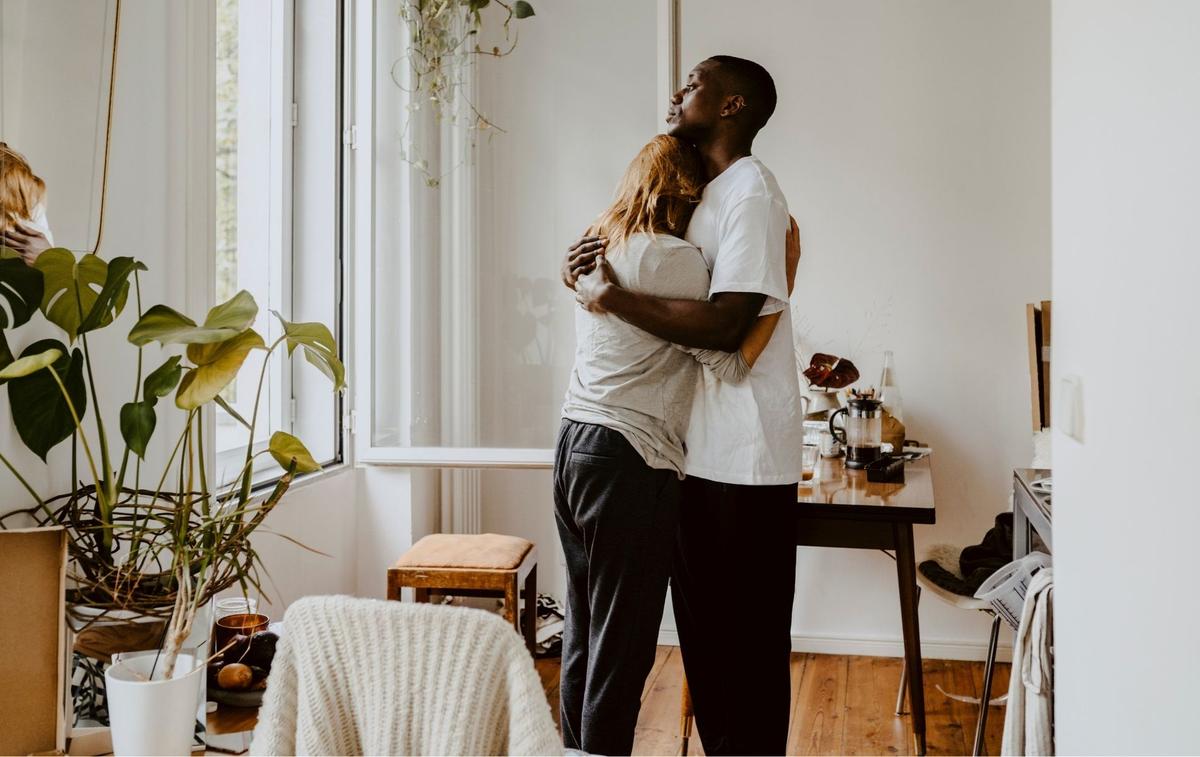
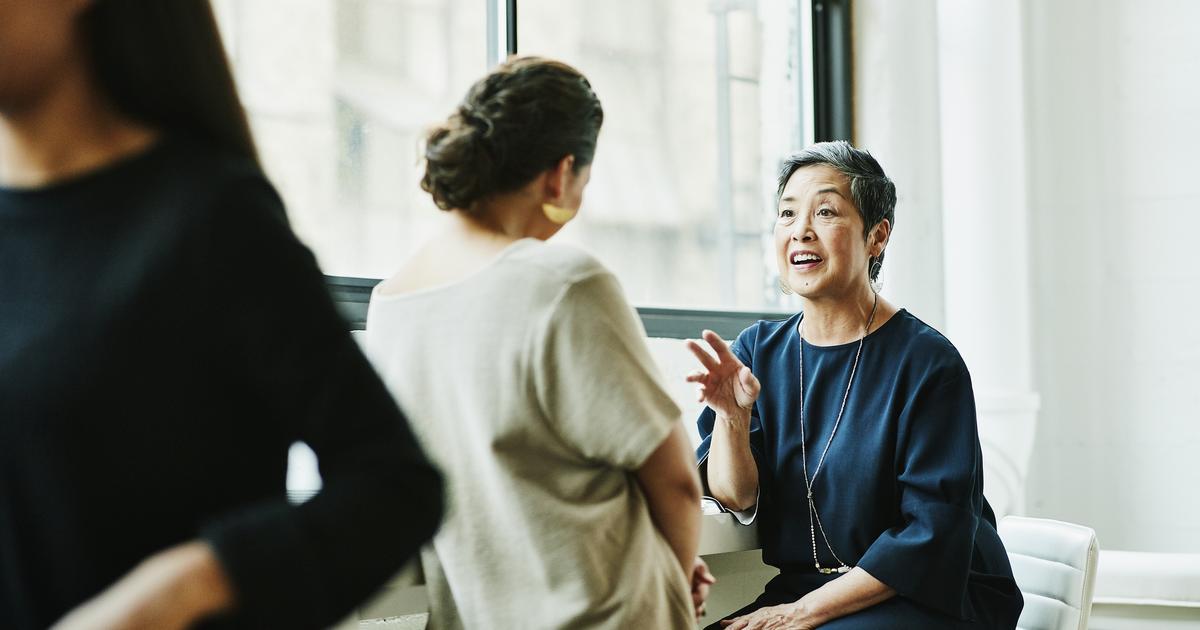
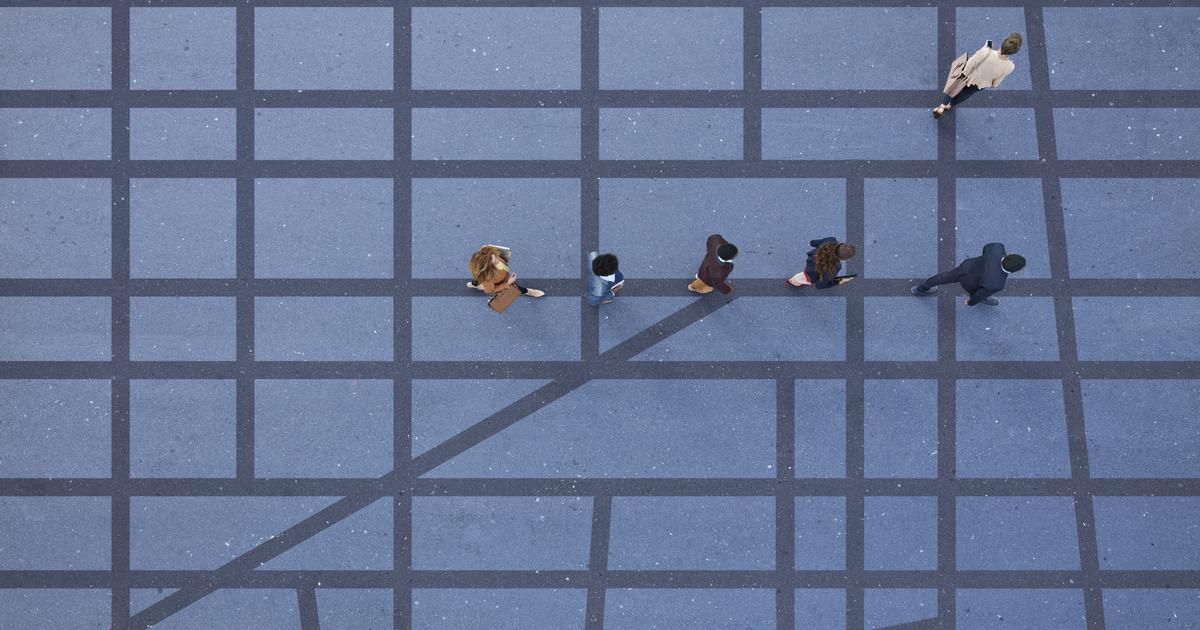
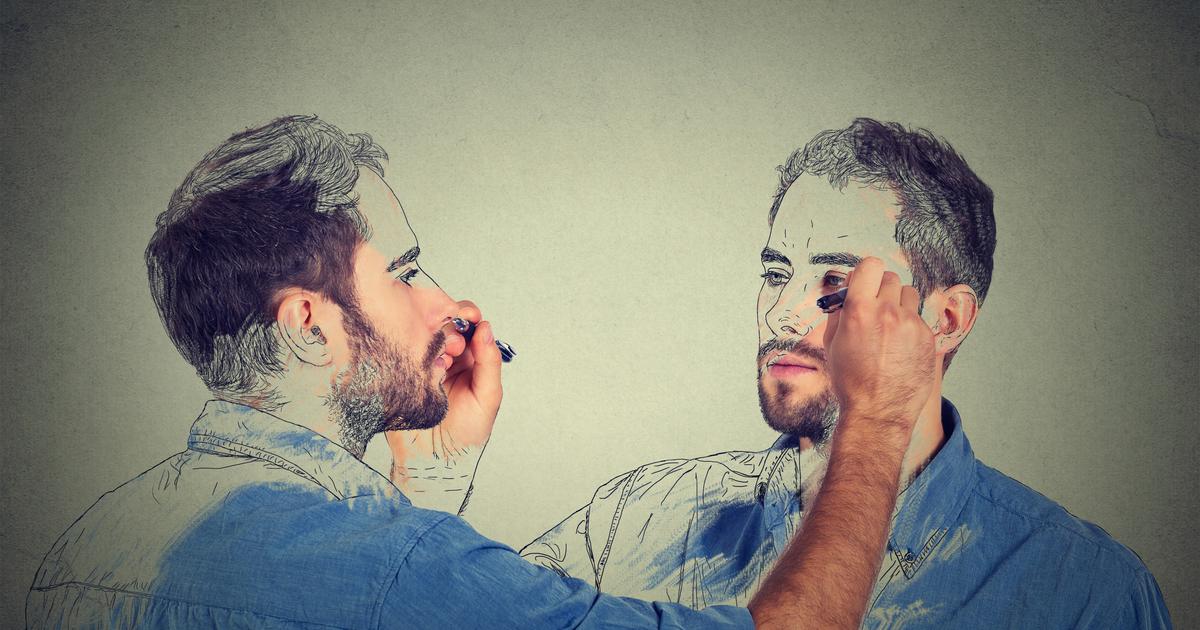
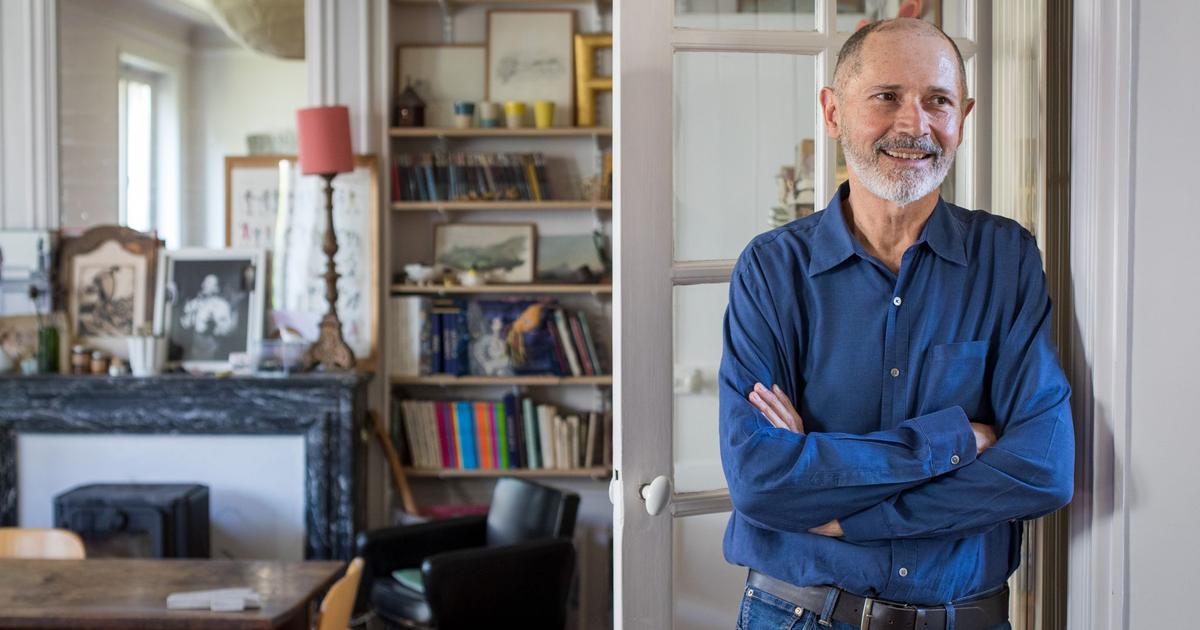

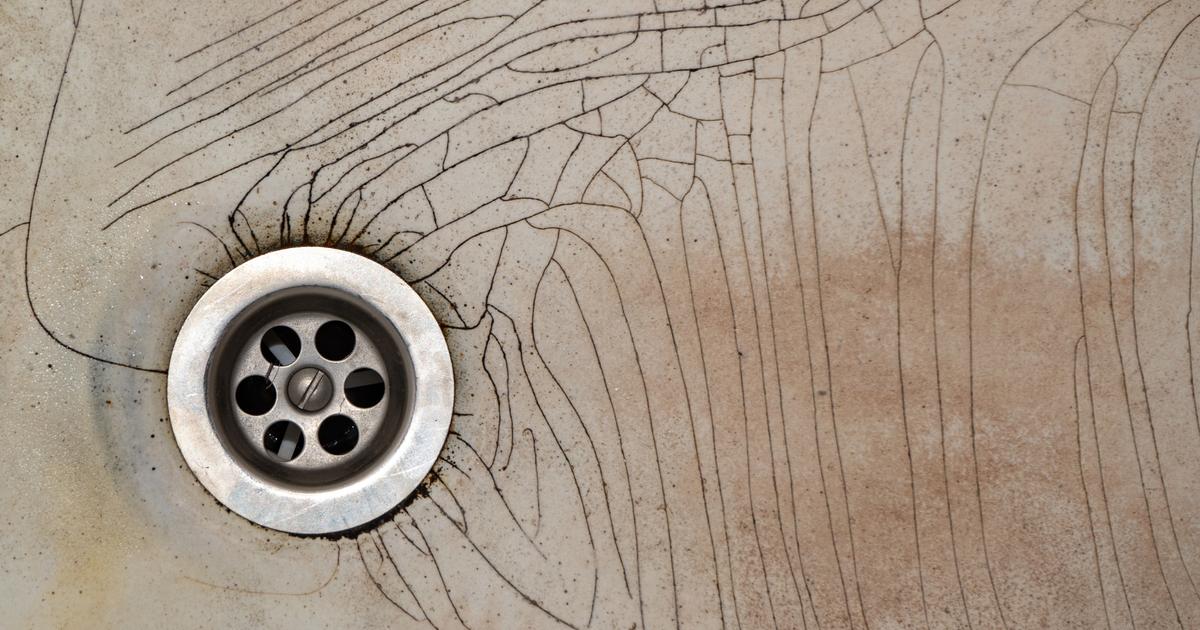
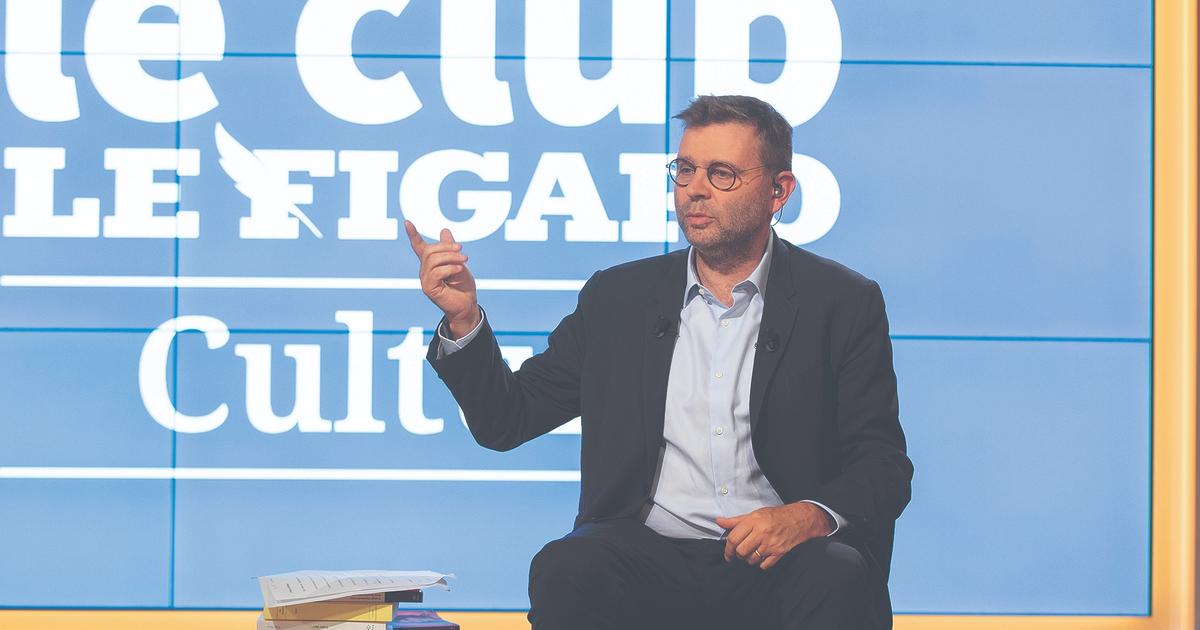
/cloudfront-eu-central-1.images.arcpublishing.com/prisa/BI4VNORLKVHTLF4MEMPC3K27QE.jpg)





/cloudfront-eu-central-1.images.arcpublishing.com/prisa/IGZ7GOCXZ5GUPAQ2HWGK6Z76BU.jpg)